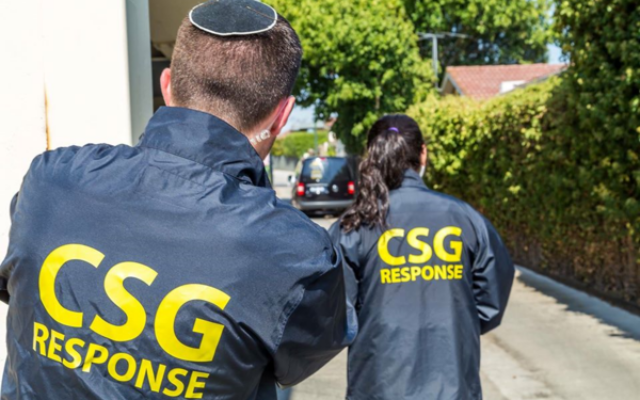‘Misinformation could be catastrophic’
"We have to make sure that the facts we share are verified. Sometimes, we're faced with the dilemma of communicating in a changing landscape." CEO Justin Kagan
The Community Security Group Victoria (CSG) has appealed to the Jewish community to stay accurately informed given the security challenges faced at the moment.
The organisation has been utilising the Jewish Emergency App (JEAP) to connect with community, but it doesn’t want to overuse it as that might dilute the messages being put out.
CEO Justin Kagan said, “It is critical for safety and security that we have a way to get information to community rapidly, and that when the notification pops up, everyone reads it.
“We have to make sure that the facts we share are verified. Sometimes, we’re faced with the dilemma of communicating in a changing landscape,” he said.
Kagan believes the stakes have never been higher when it comes to getting facts right, saying, “There is no room for error – misinformation can be catastrophic.”
Since the anti-Israel demonstration in Princes Park on Friday, November 10, Victoria Police have increased their presence around Caulfield, St Kilda and Balaclava.
Kagan said, “Police are investigating several incidents around the community, and this also complicates what we can say. Once Victoria Police open an investigation, any comments we make risk jeopardising their investigations.”
He said CSG is “hyperaware” of the importance of keeping the community informed.
CSG wants the Jewish community to know that while communications may sometimes appear vague, it is better to give the few verified facts available, than say nothing and let rumour take over the narrative.
Kagan said, “We say as much as we can as soon as we can. It would be easy to call every incident antisemitic, or racially motivated, but it is critical that we verify this first – or we risk causing immense, unnecessary panic.”
He’d like all community members to keep this in mind, especially when interacting online. “We’re not trying to tell the most sensational story, just the accurate one. Social media tends to favour the former, and then the accurate message gets missed,” he said.


comments